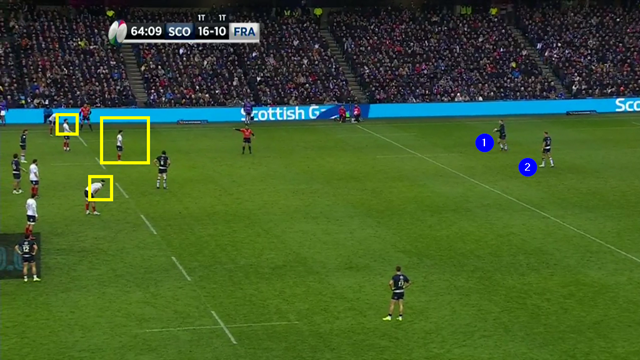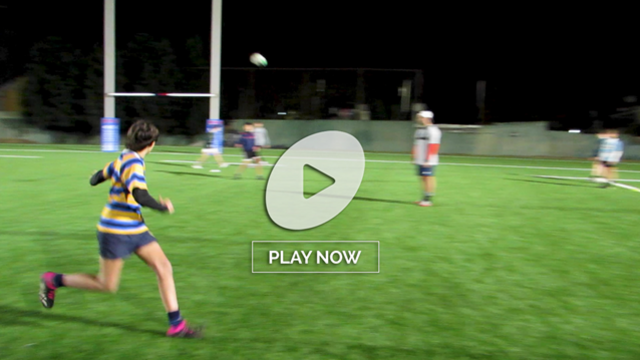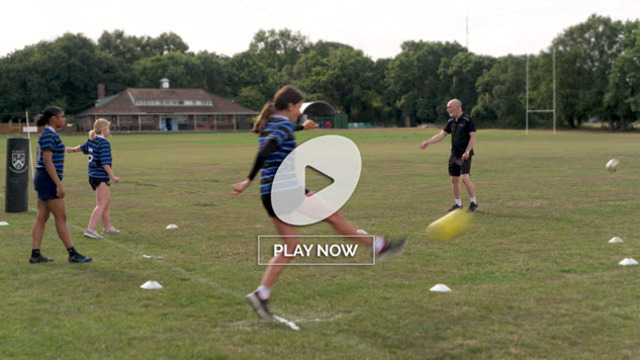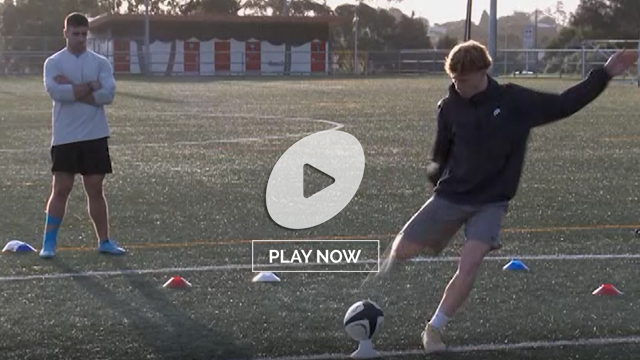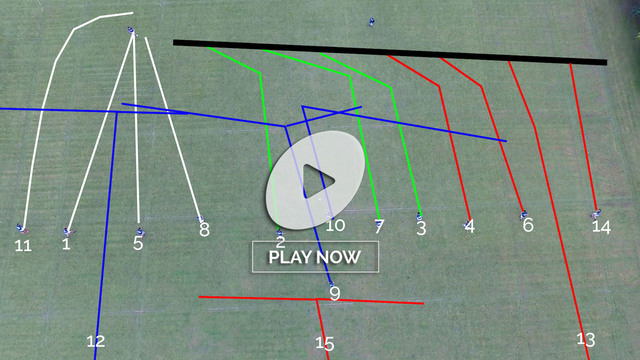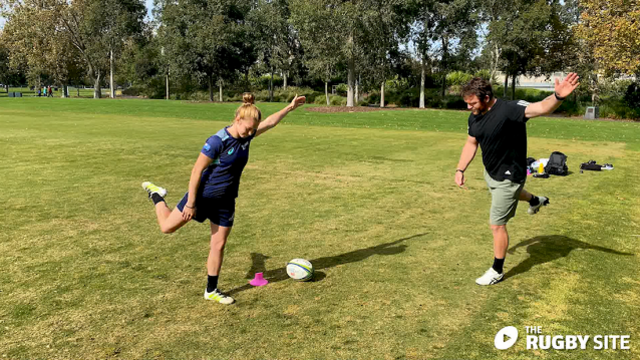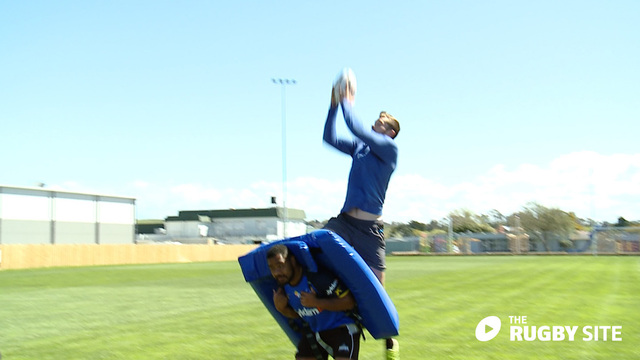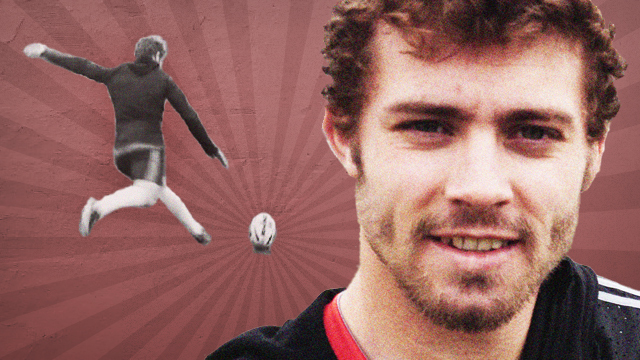It seems an awfully long time since almost 110,000 paying punters squeezed into Stadium Australia in Sydney back at the turn of the Millennium to watch the All Blacks beat the world champion Wallabies in the dying embers of the game, via a Jonah Lomu try, by 39 points to 35.
While researching this recent article on Rugby Pass+, I discovered that attendances in one of the Super Rugby heartlands of Australia – Queensland – had dipped from an average of over 33K per game during the title-winning season of 2011, to less than one-third of that number in 2023.
Super Rugby Pacific badly needs to ramp up the entertainment factor, by developing a more genuine rivalry between Australia and New Zealand at provincial level – it has been all one way traffic for far too long; also, by tweaking any malleable laws it can find in favour of the attacking side. In American sport, they know only too well that ‘offence drives business’.
As NBA executive vice-president of basketball strategy & analytics Evan Wasch commented, speaking on the Thinking Basketball podcast back in 2021:
“We do, not surprisingly, extensive fan surveys. We have even done dial testing, where fans are literally sitting watching games with a dial, turning it up or down based on whether they enjoy what they’re seeing. The overwhelming response is fans like the high scoring.”
To its credit, SRP has made an excellent start in 2024 by dumping the so-called ‘Dupont’s Law’. It is named after France’s all-world scrum-half from Stade Toulousain, who is regularly employed by his club to defend well ahead of a kicker from the rouges et noirs backfield.
Law 10.7 currently includes two clauses which have been a part of the law-book since the 1870’s. They state that players in front of the kicker are effectively on-side as soon as the catcher either passes the ball, or runs five metres with it. They remain stationary, and wait for an opponent to ‘activate’ them. The original kicker can stay in the backfield in the confident knowledge that the ball will be kicked back to them. Then it is a case of rinse-and-repeat, and prolonged kicking duels.
In Super Rugby Pacific 2024, those two clauses will be removed, meaning that the kicker will need to move forwards beyond his teammates to activate them – otherwise, they will be offside and liable to sanction.
There is a nice introduction by ex-Ireland hooker Bernard Jackman here:
It is an ironic nod to the ‘cheat’ lines a #9 runs on attack, often anticipating where a break may be made and running to the predicted spot ahead of the line of attack. Bernard Jackman illustrated the law with a short sequence from the Wales-Scotland game in the first round of the 2024 Six Nations, but the issue only really moved to centre-stage after the second-round match between Scotland and France at Murrayfield.
There was a relatively high ball-in-play of almost 39 minutes, which is often a key indicator of a high entertainment factor – more action, more attacking opportunities, right? Wrong. The game was dominated by 85 kicks for almost 3000 total metres, at a [very low] ratio of one kick made for every two rucks set by either side.
‘Spectacle’ dissolved into farce during a second half in which there were 59 kicks from hand at an average of 1.5 per minute, and two long sequences of 50 seconds apiece in which the ‘kick-tennis’ ballooned from one base-line to the other. There were seven kicks in the first passage of play from 62:28-64:17, and then six in the second from 66:45-67:35.
‘The Run’
In this case, both the French and Scottish backfield returners run the requisite five metres forward, and that enables the defence ahead of the kicker to activate and advance on the kicker. ‘Wait…wait…Okay, he’s run five metres’ exclaims referee Nic Berry.
‘The Hold’
In this instance, the receiver [Scotland #10 Finn Russell] holds instead of running five metres forward. That means the defenders ahead of the ball [France #9 Nolann Le Garrec foremost among them] must remain stationary until they are triggered:
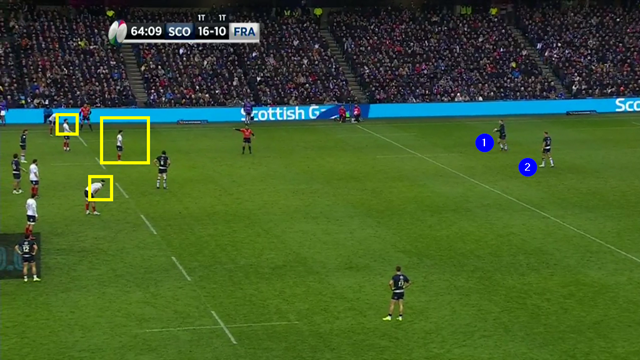
‘The Pass’
In this final example, the defenders ahead of the ball must remain stationary until they are triggered by the pass from Scotland wing Kyle Rowe back to Russell.
In all three clips, there are no more than one or two backfield returners opposed by at least three defenders ahead of the ball, so the odds are clearly tilted in favour of another kick rather than a runback with ball in hand. Under the new Super Rugby dispensation, they would now have to wait for the kicker to run forward and pass beyond them, in order to become active/onside, which will redress the balance in favour of the runback.
As the SRP statement elucidated:
“We want to create a game that’s exciting for our fans, and enjoyable for our players.
“Part of that is seeing our players running the ball rather than trading multiple kicks in a battle for territory.
“We don’t believe that’s the spectacle our fans want to see in Super Rugby Pacific. We want to open up the opportunity for teams to counterattack with the ball in hand and we’re confident this tweak to the law will encourage that trend and encourage exciting, attacking rugby.”
Summary
‘Hear, hear’ to that sentiment. We can only hope that World Rugby follows suit and closes the same loophole world-wide by the end of the current 2023-2024 season. As America knows, it is Offence that truly drives business in contact sports.
